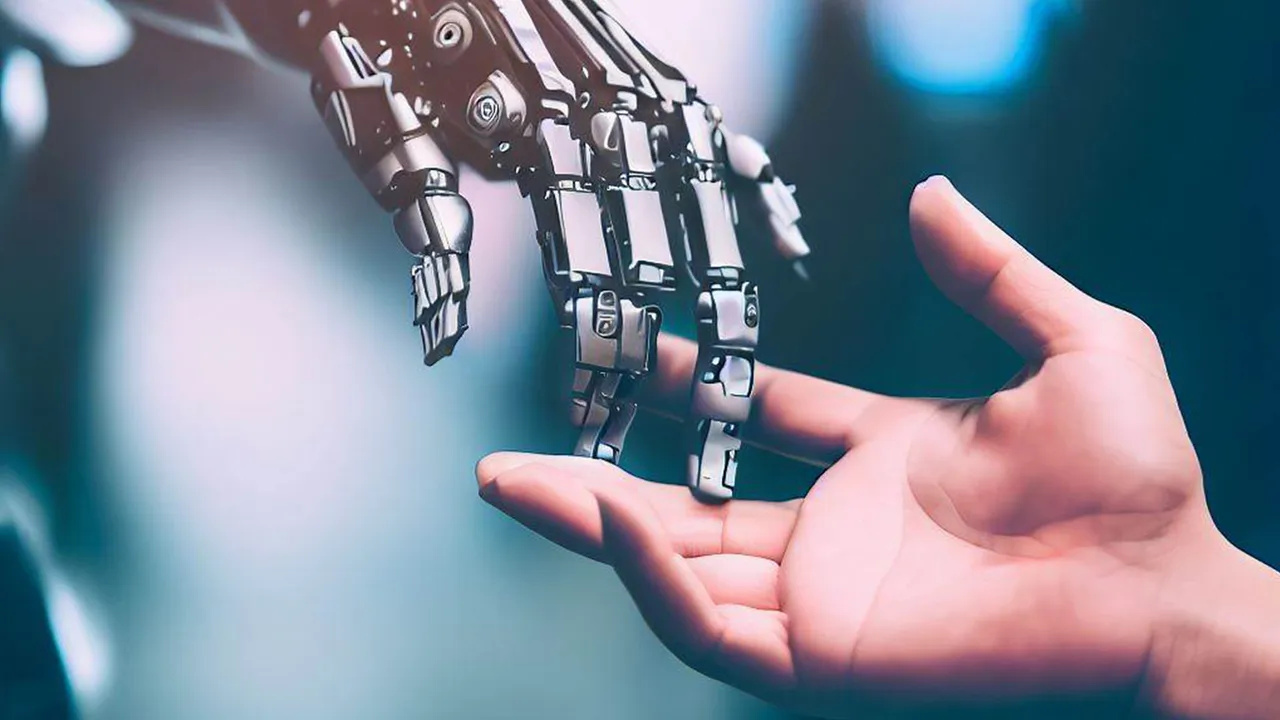Artificial intelligence (AI) is the field that develops the ability of computers and other technological devices to imitate various functions of the human brain. This field is not only about computers performing tasks with pre-programmed algorithms but also enables the analysis of data, drawing conclusions, and adapting to new conditions. These aspects make the application of AI possible in healthcare, education, the automotive industry, entertainment, and many other sectors.
The main goal of artificial intelligence is to replicate human intelligence through machines. This field covers various approaches and leads to the development of “intelligent” systems at different levels. In other words, AI is based on both systems that can perform simple tasks, such as voice assistants, and more complex systems that attempt to replicate human intellectual abilities.
In the early stages, AI was primarily aimed at replicating humans’ decision-making abilities in certain areas. However, with the development of technology, AI has become more complex and is now being used in a wider range of fields. The main reasons for this are the increase in data and the enhancement of computing power. For example, big data and powerful processors have increased the speed and accuracy of AI.
This technology has a significant impact on human activities and various areas of life, as well as presenting new opportunities and solutions. For instance, in healthcare, AI plays a vital role in the early detection of diseases and enhances the accuracy of medical diagnoses.
However, the development of AI also brings some challenges. The integration of this technology into human life raises ethical and social issues. For example, issues such as AI making decisions on behalf of humans, privacy concerns, and automation replacing the workforce are widely discussed. Therefore, technological and ethical debates about the development of AI are still ongoing.
Overall, as the application areas of AI expand, both positive and risky outcomes may emerge. Hence, the future of this field depends not only on technological advancements but also on the proper decisions and regulations regarding social and ethical matters.
AI development accelerates automation processes in workplaces across various sectors. Many job functions are already being carried out by robots and algorithms. This trend is particularly strong in industries like manufacturing, transportation, and customer services.
However, this also brings up the issue of unemployment. Some professions may change or disappear entirely, but new fields and professions will also emerge.
Symbolic AI is the traditional approach and attempts to replicate human thought processes. In this approach, data is transformed into specific mathematical structures and symbols. AI systems manage symbols such as “knowledge” and “rules,” and operations are performed on these symbols. For example, expert systems and rule-based systems follow this approach.
The advantage of symbolic AI is that it is possible to model the thought processes in the human brain. However, this approach faces challenges with uncertainty and imprecision, as it can be difficult to create enough symbolic rules to accurately represent complex realities.
Ethical and legal issues related to AI development are also a topic of discussion. Issues such as people losing their jobs, data security, errors in decision-making processes by machines, and transparency will become of great importance in the future.
Moreover, security issues related to the development of AI and its impact on human society are widely discussed. Research in this field continues, and each new achievement raises major questions both technologically and ethically.
In conclusion, the AI field is rapidly developing and is causing changes in many sectors. These innovations may make our lives easier and more efficient, but attention must also be paid to ethical and social issues. The future of AI is still uncertain, but its impact on human life and society is already clearly visible.
Some experts predict that AI will be able to manage many aspects of human life in the future. Currently, AI algorithms are involved in decision-making processes, but these technologies may take on more complex decisions in the future. The use of AI in fields such as healthcare, education, finance, law, and others may solve important issues, but how these decisions will affect human life and what ethical standards they will be based on are matters that need to be discussed.
At the same time, special attention must be given to ethical, legal, and political issues to properly direct the impact of AI on human society. Ethical questions related to the development of AI are becoming more relevant, particularly in fields where automated decision-making systems are applied, such as law, healthcare, and the labor market. The management of AI, the imposition of limits, and the protection of human rights are essential discussion topics. Legal changes and ethical principles in this area will help ensure the proper application of AI in society.
The impact of AI development on social inequality is also an important issue. This technology can accelerate economic development, particularly in developed countries, but ensuring its benefits in developing countries can be more challenging. In some countries, the application of AI can increase inequalities in education, healthcare, and employment sectors and may lead to social injustice. Therefore, the social consequences of AI should be directed not only from a technological standpoint but also by considering social structures and policies.
In the future, the impact of AI on our lives will emerge with both positive and negative sides. On the positive side, AI can accelerate the development of society, ensure more efficient resource distribution, and lead to advancements in education and healthcare. However, its negative aspects must also be considered: increased unemployment, unethical decisions, and the analysis of human characteristics. Therefore, during the development of AI, attention must be paid, and appropriate rules, laws, and social structures should be established to ensure this technology serves the welfare of society.
To properly guide the impact of AI on human life, governments and international organizations must collaborate and manage the application of this technology based on ethical frameworks, legal regulations, and social justice principles. If the development and use of AI are properly regulated, this technology can bring significant benefits to society.
Madina Mammadova/EDnews










